ABC: sustainable and low waste living in Estonia
Hi! My name is Liisa, and I've been helping people to reduce their waste and make more sustainable choices for a few years now. In 2017, I wanted to make an experiment and live zero waste for a week. It happened that as I was doing research for my experiment, zero waste as a goal made so much sense to me that it became a lifestyle. I started posting about my journey on Instagram and got so many questions that I decided to start writing this blog (suletud ring = closed circle/loop in Estonian) in 2018 with more local information in Estonian. I have learned so much during this time and still have lots to discover. Right now, I am more of a low waster. This is my very first blog post in English and its goal is to inform expats and other English speakers about sustainable living in Estonia in general.
I have planned to start writing in English for more than a year, but recently I got a serious push. I have at least a few expat followers on Instagram who use my bilingual account for local information and language studies - it is such an honour. A few months ago, I joined this Facebook group "Expats in Tallinn/Estonia". I really enjoy reading about foreigners experiences and the humour in that group is next level. Recently I've seen so many questions there about sustainable living, and I thought I'd compile a few blog posts worth of information. Feel free to add to these tips in the comments.
Following the 5R-s of zero waste: refuse, reduce, reuse, recycle, rot
If you need a quick crash course on zero waste and the 5R's watch this 8-minute video of "the mother of zero waste" by Bea Johnson. If not, then we can move on to some tips specific to Estonia.
REFUSE AND REDUCE
Some Estonian language tips (almost everyone speaks English, but if you want to be a cool person):
- When passing a box over the counter and wanting to have something to be put into it, say: "Tere, palun mulle siia karbi sisse [insert product name]". This means: "Hello, I would like to have [insert product name] into this box". You can also add the amount:
üks = one
kaks = two
kolm = three
Etc.
Or you can say:
(A) "Palun mulle siia karbi sisse [üks/kaks/kolm+]sada grammi [insert product name]."
(B) "Palun mulle siia karbi sisse [üks/kaks/kolm] kilo [insert product name]
Usually, if the product name ends with the vowel, it is already grammatically correct. And if it doesn't, then you add a vowel. Google Translate is your best friend to practice for it.
By the way, never ask for permission. Just ask them to put it in the box. In markets, they can easily take the tare weight off too.
So you may know that there are different cool reusable alternatives to single-use plastic: thermoses, bottles, boxes, jars, metal razors, reusable makeup wipes, menstrual cups and period underwear etc. You may have a lot of these already, but maybe you need to update your stash.
- Reusables on Wolt: search for "korduskasutatav" on Wolt, and you can see which places offer you the food in reusables (Poke Bowl, companies that have joined with Bringpack). With Poke Bowl, the box is also free (return it). With Bringpack, you pay 0,24€ for the washing. NB, you have to choose the reusable separately in your order.
- Several places offer their food in returnable glass jars: Ökut, Lisanna kohvik, Vegan V.
RECYCLE & ROT
- Bottles and cans with a deposit sign can be taken to a deposit machine. The most sustainable ones have the "K" (korduskasutatav, meaning reusable) sign - they are washed and refilled. In Tallinn, these are collected for free by BinFree.
- There are public collection points for glass, paper, packaging waste, good-condition clothes.
- Some stores also have collection points for batteries and light bulbs
- You can give bigger items or dangerous chemicals off at a waste station (might include a fee).
- Proper and clean items can be donated to Uuskasutuskeskus.
- Broken items and waste materials that someone could use for art or repair or whatever can be shared on a network of Facebook groups that I started with some other ladies: Trash to treasure Tallinn is currently the only officially bilingual one due to interest, but there are also Prügi aardeks taaskasutus Tartu, Rakvere, Viljandi, Pärnu. You are welcome to copy the same format and rules from Tallinn's group to your own local area or country. I know for sure that the groups in Tallinn, Tartu and Rakvere are really active.
Thank you for reading! Let me know if this was helpful, what would you add to this list, and what other information are you missing to next level your sustainable life in Estonia? There is definitely a lot more to share :) If this was helpful, I would be grateful if you could share it with a friend who could benefit from it ;)
Following the 5R-s of zero waste: refuse, reduce, reuse, recycle, rot
If you need a quick crash course on zero waste and the 5R's watch this 8-minute video of "the mother of zero waste" by Bea Johnson. If not, then we can move on to some tips specific to Estonia.
REFUSE AND REDUCE
- paper ads in the mail: Omniva's page has a form for you to refuse paper ads and order a sticker to put on your mailbox that says "only addressed post". You can also get more detailed information about this HERE.
- Packaging waste: there are no laws that do not allow you to put chocolates or bread into your own box/bag or ask for something to be put into your box. But the shops are allowed to decide that they do not put things into your box. Rimi, one of the biggest shopping chains, actually encourages you to use your own containers. Using cloth bags for fruit and veggies isn't yet a norm, but nobody looks at you weirdly if you are confident.
Some Estonian language tips (almost everyone speaks English, but if you want to be a cool person):
- When passing a box over the counter and wanting to have something to be put into it, say: "Tere, palun mulle siia karbi sisse [insert product name]". This means: "Hello, I would like to have [insert product name] into this box". You can also add the amount:
üks = one
kaks = two
kolm = three
Etc.
Or you can say:
(A) "Palun mulle siia karbi sisse [üks/kaks/kolm+]sada grammi [insert product name]."
(B) "Palun mulle siia karbi sisse [üks/kaks/kolm] kilo [insert product name]
Usually, if the product name ends with the vowel, it is already grammatically correct. And if it doesn't, then you add a vowel. Google Translate is your best friend to practice for it.
By the way, never ask for permission. Just ask them to put it in the box. In markets, they can easily take the tare weight off too.
- Plastic waste: online stores are available to everyone. When online shopping, you might have to use google translate, but this might help you learn the language :) You can write "palun pakkida teise ringi materjalidesse ja vältida võimalusel plasti" into the additional information box - this means "please pack it into secondhand materials and avoid plastic as much as possible."
- stuff you do not want: a more cultural thing, it is okay to say "tänan, ei" ("no thank you")
So you may know that there are different cool reusable alternatives to single-use plastic: thermoses, bottles, boxes, jars, metal razors, reusable makeup wipes, menstrual cups and period underwear etc. You may have a lot of these already, but maybe you need to update your stash.
- Online only shops for zero waste shopping:
- Zero waste - they have only Estonian and European products and focus on local. They have lots of cool things such as office supplies and things for kids. I really like the Kokos shampoo, and I have most of my flip-flop bottles and french canning jars from there.
- Online and physical shops for zero waste shopping
- Elamise Kergus: lots of products and best pearls from all around the world. I have their Pulito compost bin and ice cream forms etc. I have tried several things and happy with them.
- Ilma - the 1st packagefree shop in Tallinn located in Soo tn 42, Kalamaja. It has a lot of Latvian as well as Estonian products. Actually, I suggested several of the options there personally to the owner, Julija. I get almost all y dry goods from there, and many of the prices are the same or cheaper like in regular stores (spices, nuts, Mulieres etc.). It opened in September 2020.
- ItsBio: a packagefree shop in Pärnu with lots of organic and local products. I have gotten things from them too and really like them.
- Refuse Plastic today: home, hygiene and accessories (the homepage is also in English)
- Slow: sustainable fashion, cosmetics, books, lifestyle products
- Taluelu OÜ: a lot of handmade zero waste products made on a farm
- Ordering takeout in reusables
- Reusables on Wolt: search for "korduskasutatav" on Wolt, and you can see which places offer you the food in reusables (Poke Bowl, companies that have joined with Bringpack). With Poke Bowl, the box is also free (return it). With Bringpack, you pay 0,24€ for the washing. NB, you have to choose the reusable separately in your order.
- Several places offer their food in returnable glass jars: Ökut, Lisanna kohvik, Vegan V.
RECYCLE & ROT
- The number one focus should be prevention, but when that cannot be done, you can find the guideline on how to sort waste in Estonia here. When in doubt, look for information at kuhuviia.ee. To sum up:
- Bottles and cans with a deposit sign can be taken to a deposit machine. The most sustainable ones have the "K" (korduskasutatav, meaning reusable) sign - they are washed and refilled. In Tallinn, these are collected for free by BinFree.
- There are public collection points for glass, paper, packaging waste, good-condition clothes.
- Some stores also have collection points for batteries and light bulbs
- You can give bigger items or dangerous chemicals off at a waste station (might include a fee).
- Proper and clean items can be donated to Uuskasutuskeskus.
- Broken items and waste materials that someone could use for art or repair or whatever can be shared on a network of Facebook groups that I started with some other ladies: Trash to treasure Tallinn is currently the only officially bilingual one due to interest, but there are also Prügi aardeks taaskasutus Tartu, Rakvere, Viljandi, Pärnu. You are welcome to copy the same format and rules from Tallinn's group to your own local area or country. I know for sure that the groups in Tallinn, Tartu and Rakvere are really active.
***
Thank you for reading! Let me know if this was helpful, what would you add to this list, and what other information are you missing to next level your sustainable life in Estonia? There is definitely a lot more to share :) If this was helpful, I would be grateful if you could share it with a friend who could benefit from it ;)
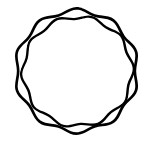
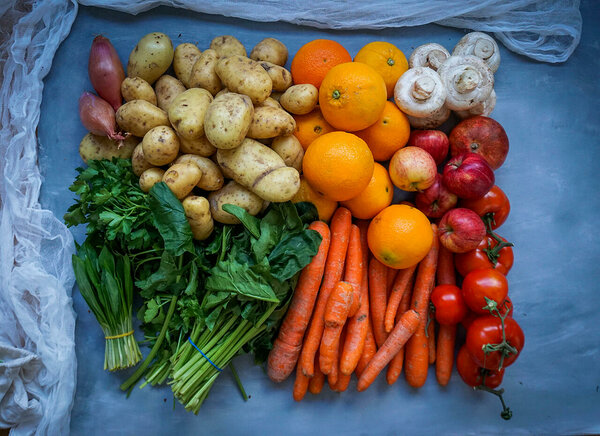
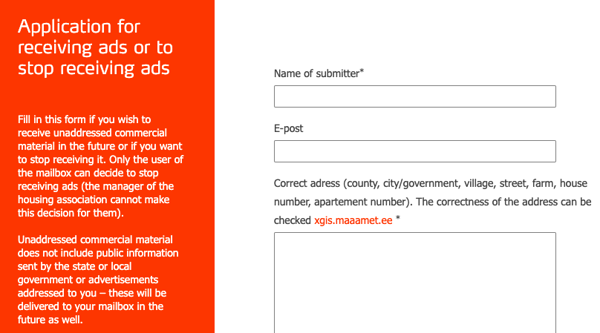
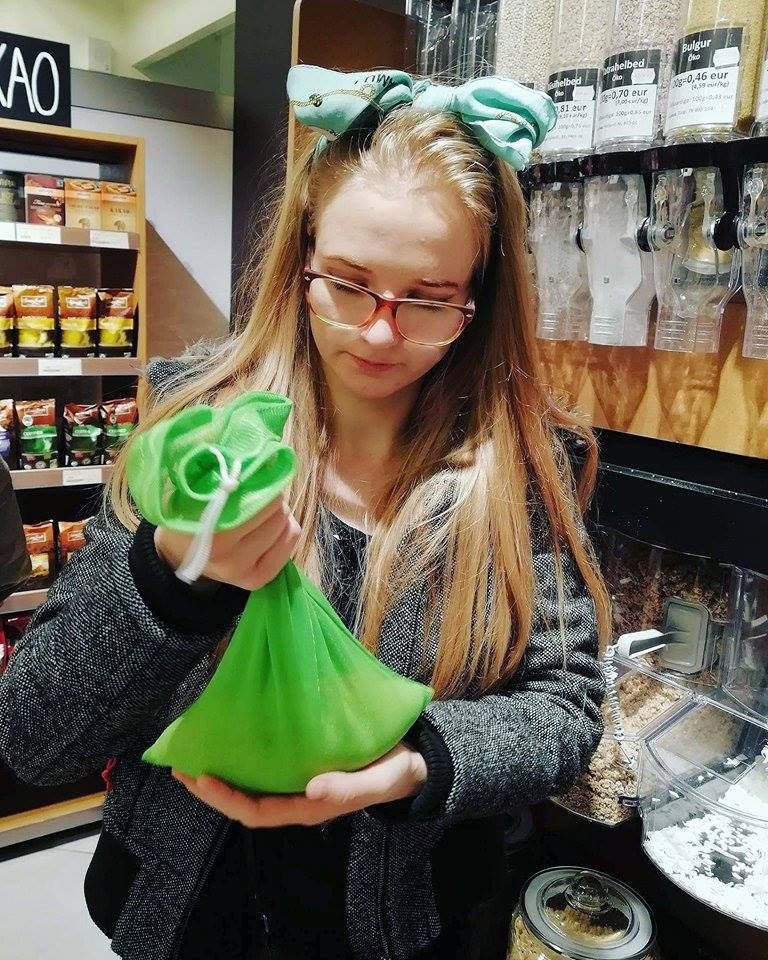
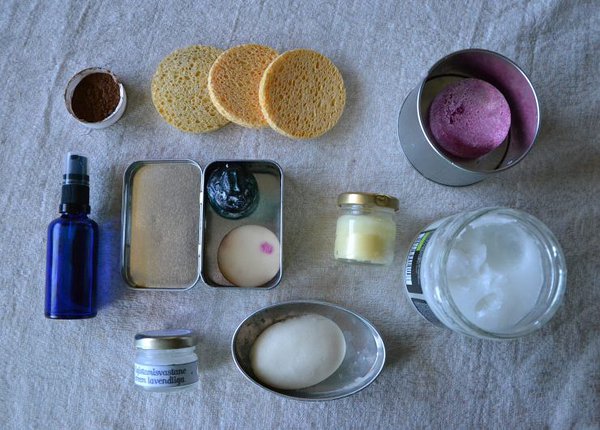
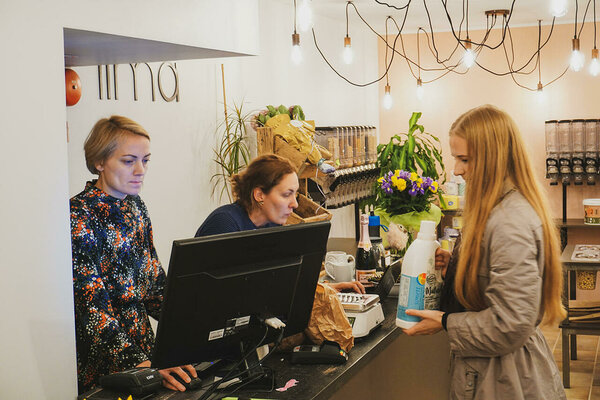
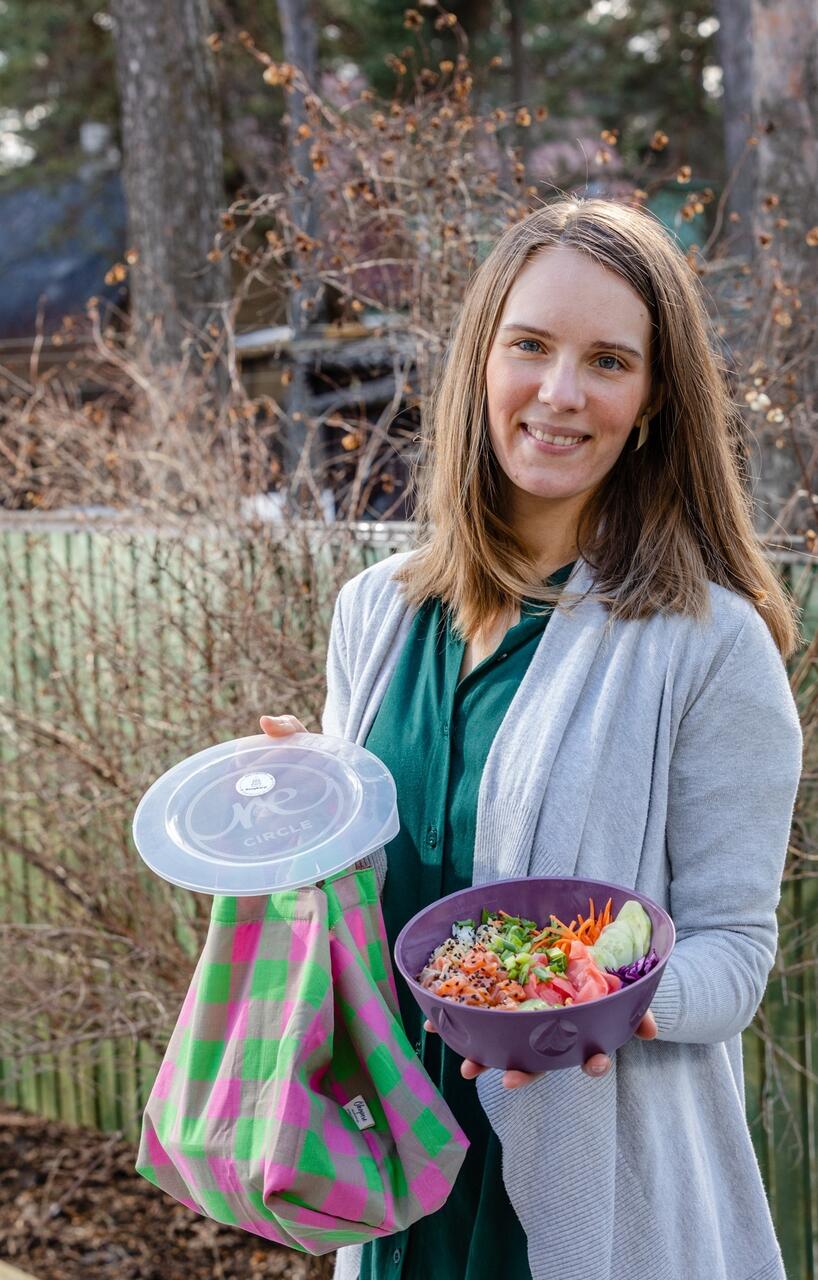
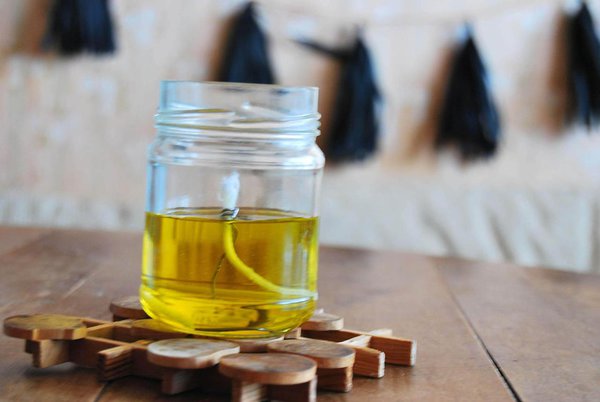
1 reply